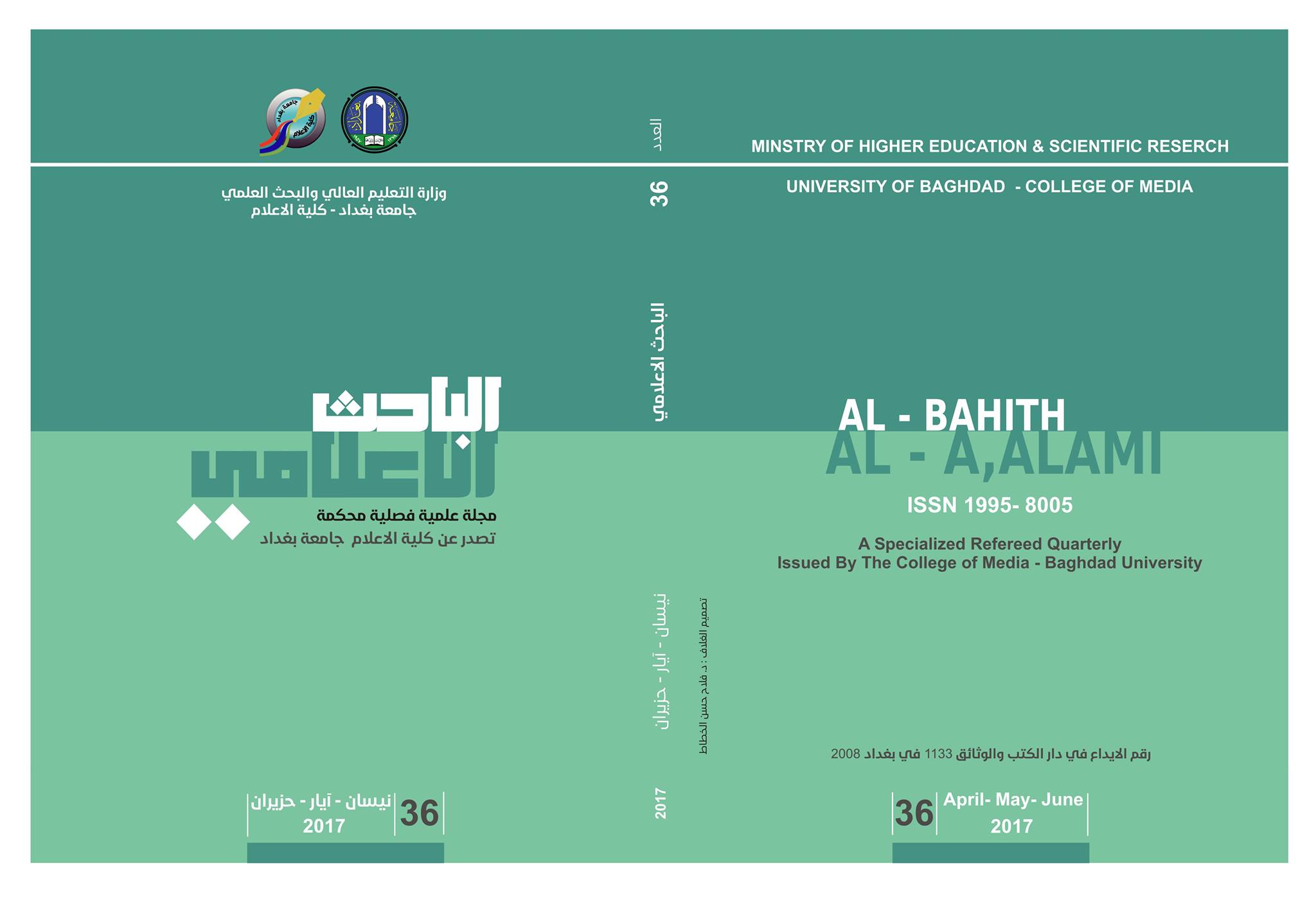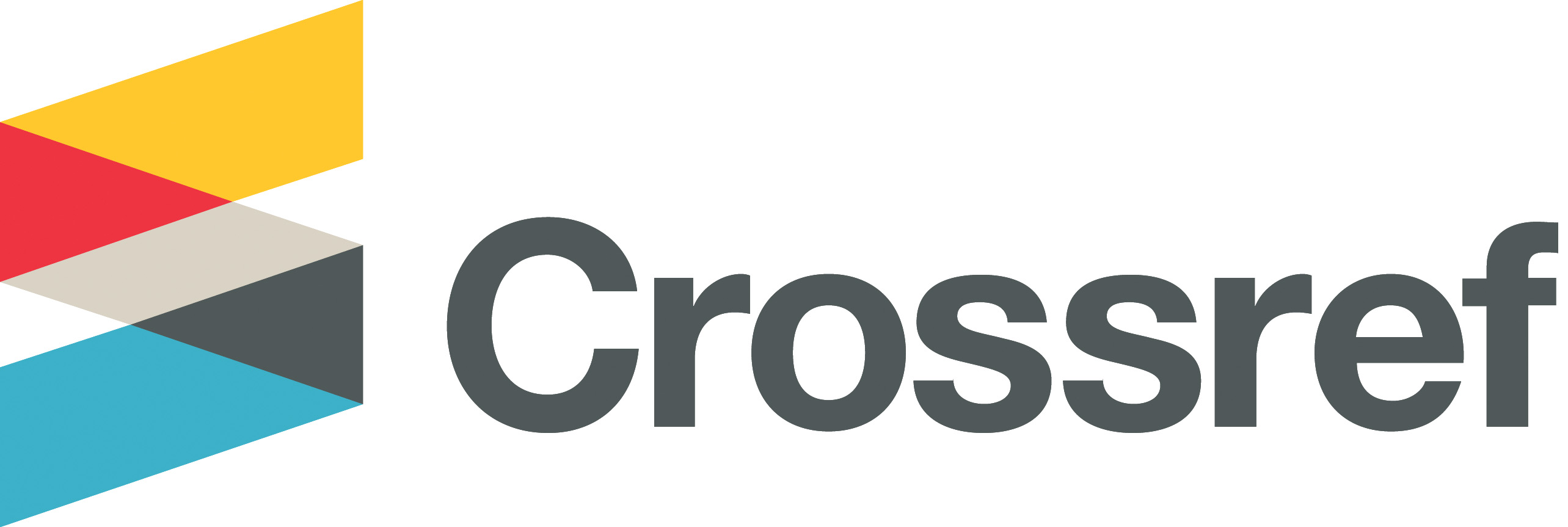Digital Communication: The Future of Identity in Arab TV Drama
A Field Study on a Sample of Arab Society in the UAE in 2017
DOI:
https://doi.org/10.33282/abaa.v9i36.116Keywords:
Digital Communication, of Identity in Arab, TV Drama, Arab, UAEAbstract
The digital communication of a product of communication and information revolution. It is characterized by accurate and comprehensive in its services and its effects, which brought changes in the structure of many communities and their organizational structures. They have significant impacts on the social systems and social relations, especially in the Arab societies, which are the focus of the globalized Western media, for many reasons: economical, political , cultural and social.
According to this perception, the Arab identity has become in an encounter with big challenges by the globalized media of trade and the media, which aims to achieve greater profits because of identity and its importance to the communities. This occurs particularly after its emphasis on drama for being one of the kinds of programs that attract considerable size of public and the ability of this type of program to make large and rapid changes in the social and cultural structures of the target communities. The identity is of the most prominent targeted icons, so as it represents the importance of communities’ identity throughout history. This is because the collapse of the identity the societies break down, lose the elements of existence, and ceases to perform its functions at the international level.
The Arab identity is defined as a system of value features of the Arab community that distinguishes it from other communities across the different historical stages. In addition, the identity represents the inherited and acquired values, which derived its components from the historical, intellectual, and cultural legacy, in addition to the values derived from religious beliefs, which Arab inherited in different historical stages, especially from the Islamic religion. Islam represents an integral system of human traits, and which is associated with behavioral and humanitarian practices. All of these represented the bright cultural and moral model, which fits every time and every place.
Therefore, the intensification of broadcasting such drama and its precise guidance was the most prominent effects that hurt the Arab social structure, especially after the concentration of broadcasters to offer foreign TV programs inflows. These programs do not fit in their contents the values and behaviors of the social environment of the Arabs. The outcome of this exposure of our communities caused various harmful effects. This makes our communities in dire need of protection, particularly after the international media organizations managed to employ TV drama in the digital communication by the force of its impact on the value systems which are related the identity of the communities. This exposed the future of the Arab identity to multiple risks and possibilities, which could lead to the erosion of national peculiarities or melting in the migrant cultures.
Downloads
References
2- د. مصطفى حميد الطائي، الاتصال الجماهيري ، مدخل إلى تحديث المفاهيم والوظائف والنظريات، الشارقة، مكتبة الجامعة ، 2013، ص95-98.
3- د. انشراح الشال، دول نامية في عصر الأقمار الصناعية، القاهرة، دار الفكر العربي،1994ص173.
4- د. فارس لبادة ،التلفزيون الرقمي ، مجلة الإذاعات العربية ، العدد4،1995م، ص32-31.
5- السيد عليوة ، إستراتيجية الإعلام العربي ، القاهرة الهيئة المصرية للكتاب ، 1978م، ص36.
6- على محمد شمس ، تصميم بحث لدراسة ظاهرة الفراغ الثقافي ، بحث علمي القي في الندوة التحضيرية للمؤتمر العلمي العالمي ، حول الاستعمار والفراغ الثقافي ، ليبيا ، جامعة قار يونس ، مايو1985، ص1.
7- د. سمير سرحان ، مبادئ علم الدراما ، مكتبة المسرح ، منشورات مركز الشارقة للإبداع الفكري ص 29 .
8- د. إبراهيم حمادة ، معجم المصطلحات الدرامية والمسرحية ، دار الشعب ، 1971ف ، ص 143 .
9- د. حسين رامز محمد رضا ، الدراما بين النظرية والتطبيق ، المؤسسة العربية للدراسات ، بيروت ، 1972 ص 28- 29.
10- د. أحمد حسن الزيات ، في أصول الأدب محاضرات ومقالات في الأدب العربي ، مطبعة الرسالة ، 1952 ، ص307.
11- حسين رامز محمد رضا – الدراما بين النظرية والتطبيق ، مصدر سابق ، ص 112-141.
12- متاح على الرابط:
http://www.dramamedia.net/drama/tv/item
13- متاح على الرابط: http://isearch.avg.com/search?q
14- د. مصطفى حميد الطائي، مناهج البحث في الإعلام وعلوم الاتصال، الشارقة ، مكتبة الجامعة ، 2012،ص47.
15- دحسن عطية، الدراما التلفزيونية تحضير التاريخ تاريخ الحاضر،القاهرة، 2016.
16- John B . Alter man الإعلام الدولي ، ترجمة ، عبد الله الكندي، دار الكتاب الجامعي ،2003، ص71.
17- المصدر السابق نفسه ، ص72.
18- متاح على الرابط: www.ahlalhdeeth.com/vb/showthread.php?t=134255
19- متاح على الرابط: 05/4/2011 http://www.kanaker.com/fainal/arabic/01/04.htm
20- د. محمد خليل الرفاعي ، دور الإعلام في العصر الرقمي في تشكيل قيم الأسرة، دمشق ،2011، ص717.
21- إقبال محمد بشير وآخرون: ديناميكية العلاقات الأسرية ،المكتبة الجامعية الحديثة،الإسكندرية، ص9.
20- متاح على الرابط :https://www.facebook.com/permalink.php?story_fbid=1146406275375015&id=306990725983
21- متاح على الرابط :http://ar.wikipedia.org/wiki/-Google – 17l3l2012
Key Dates
Published
Issue
Section
License
Authors retain copyright and grant the journal right of first publication with the work simultaneously licensed under a Creative Commons Attribution License (CC BY 4.0) that allows sharing the work with recognition of authorship and initial publication in ABBA journal.


















